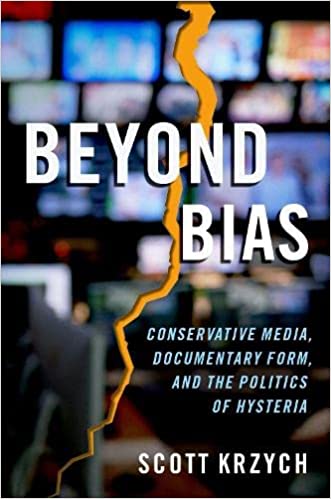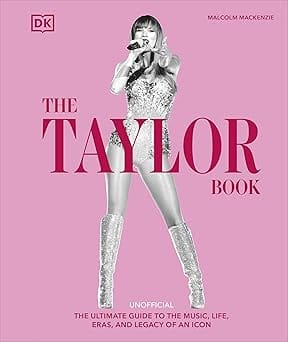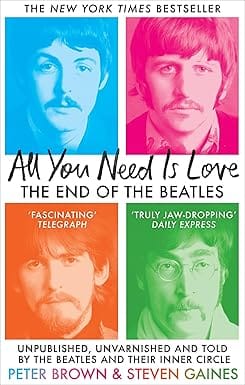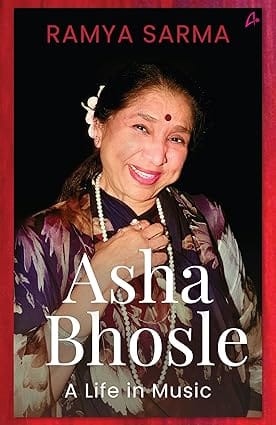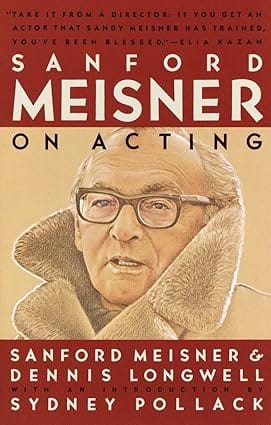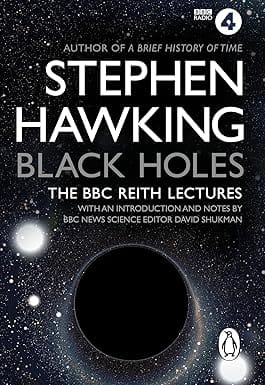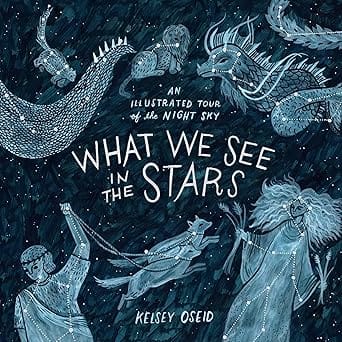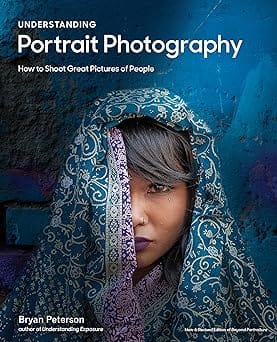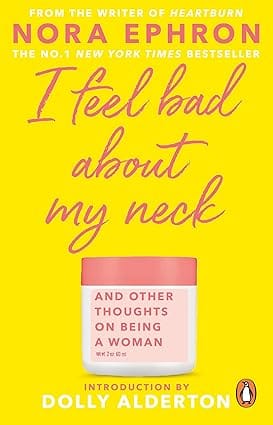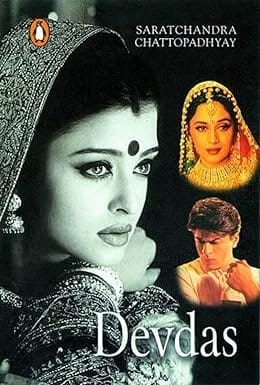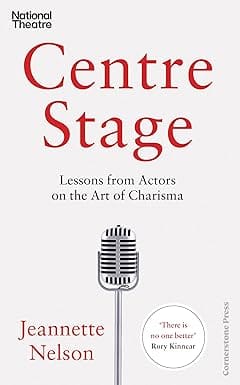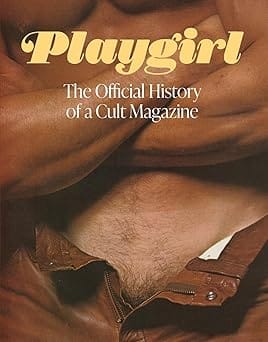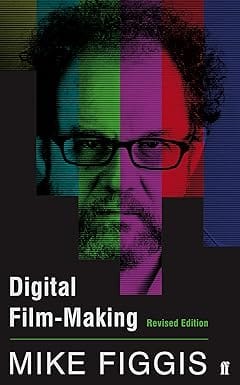WELCOME TO MIDLAND BOOK SHOP!
SHOP FOR
-
Non-ficton
- Non-ficton
-
Contemporary Fiction
- Contemporary Fiction
-
Children
- Children
-
Comics & Graphic Novels
- Comics & Graphic Novels
-
Non-Fiction
- Non-Fiction
-
Fiction
- Fiction
Shop No.20, Aurobindo Palace Market, Hauz Khas, Near Church +91 9818282497 | 011 26867121
110016
New Delhi
IN
Midland The Book Shop ™
Shop No.20, Aurobindo Palace Market, Hauz Khas, Near Church +91 9818282497 | 011 26867121
New Delhi,
IN
+919871604786
https://www.midlandbookshop.com/s/607fe93d7eafcac1f2c73ea4/677cda367903fd013d69b606/without-tag-line-480x480.png"
[email protected]
9780197551226
61ee9e437a3dd07b68501082
Beyond Bias Conservative Media Documentary Form And The Politics Of Hysteria
https://www.midlandbookshop.com/s/607fe93d7eafcac1f2c73ea4/61ee9e447a3dd07b685010ab/41arfcua8fl-_sx329_bo1-204-203-200_.jpg
9780197551226
Beyond Bias offers the first scholarly study of contemporary right-wing documentary film and video. Drawing from contemporary work in political theory and psychoanalytic theory, the book identifies what author Scott Krzych describes as the hysterical discourse prolific in conservative documentary in particular, and right-wing media more generally. In its hysterical mode, conservative media emphasizes form over content, relies on the spectacle of debate to avoid substantive dialogue, mimics the aesthetic devices of its opponents, reduces complex political issues to moral dichotomies, and relies on excessive displays of opinion to produce so much mediated "noise" as to drown out alternative perspectives or viewpoints.
Though often derided for its reliance on nonsense or hyperbole, conservative media marshals incoherence as its prized aesthetic and rhetorical weapon, a means to bolster the political status quo precisely by confusing those audiences who come into its orbit. As a work of documentary studies, Beyond Bias also places conservative non-fiction films in conversation with their more conventional counterparts, drawing insight from the manner by which conservative media hystericizes such issues as the archive, observational methods, directorial participation, and the often moral imperatives by which documentary filmmakers attempt to offer insight into their subjects.
Though often derided for its reliance on nonsense or hyperbole, conservative media marshals incoherence as its prized aesthetic and rhetorical weapon, a means to bolster the political status quo precisely by confusing those audiences who come into its orbit. As a work of documentary studies, Beyond Bias also places conservative non-fiction films in conversation with their more conventional counterparts, drawing insight from the manner by which conservative media hystericizes such issues as the archive, observational methods, directorial participation, and the often moral imperatives by which documentary filmmakers attempt to offer insight into their subjects.
Review
Beyond Bias represents an epochal study of the revelatory power of conservative media. Rather than lambast conservative media sources for their ideological function, Scott Krzych embarks on an attempt to learn from them. In the process, he shows that overtly conservative works, made with the worst of intentions, have a great deal to teach us about the antagonisms that confront contemporary democracy. Krzych has shown that if one wants to understand our time, one must pay attention to what conservatives are saying - and to what Krzych is saying about them. - Todd McGowan, author of Universality and Identity Politics
This book does not think about conservative documentaries - let alone regard the films or their ideologies as curious objects under a critical microscope - rather, it thinks from them, and it takes them very seriously as sites of speculative political thought. This enables Scott Krzych to make fascinating and counter-intuitive claims about the ambivalent role political difference and its vicissitudes play in democracy. - Eugenie Brinkema, Associate Professor of Contemporary Literature and Media, Massachusetts Institute of Technology
This book does not think about conservative documentaries - let alone regard the films or their ideologies as curious objects under a critical microscope - rather, it thinks from them, and it takes them very seriously as sites of speculative political thought. This enables Scott Krzych to make fascinating and counter-intuitive claims about the ambivalent role political difference and its vicissitudes play in democracy. - Eugenie Brinkema, Associate Professor of Contemporary Literature and Media, Massachusetts Institute of Technology
About the Author
Scott Krzych teaches Film and Media Studies at Colorado College. His teaching and research focuses on political media, documentary, psychoanalytic theory, and film-philosophy.
out of stock
INR
956
1
1
Email ID already exists!
Your Current password is incorrect
Password Updated Successfully
Thanks for your Feedback
- Home
- Cinema & Photography
- Beyond Bias Conservative Media Documentary Form And The Politics Of Hysteria
Beyond Bias Conservative Media Documentary Form And The Politics Of Hysteria
ISBN:
9780197551226
₹956
₹1,195
(20% OFF)
SIZE GUIDE
Back In Stock Shortly - Fill The Book Request Form
Sold By:
Hauz Khas - Aurobindo Market
Details
- ISBN: 9780197551226
- Author: Scott Krzych
- Publisher: Oxford
- Pages: 272
- Format: Paperback
Book Description
Beyond Bias offers the first scholarly study of contemporary right-wing documentary film and video. Drawing from contemporary work in political theory and psychoanalytic theory, the book identifies what author Scott Krzych describes as the hysterical discourse prolific in conservative documentary in particular, and right-wing media more generally. In its hysterical mode, conservative media emphasizes form over content, relies on the spectacle of debate to avoid substantive dialogue, mimics the aesthetic devices of its opponents, reduces complex political issues to moral dichotomies, and relies on excessive displays of opinion to produce so much mediated "noise" as to drown out alternative perspectives or viewpoints.
Though often derided for its reliance on nonsense or hyperbole, conservative media marshals incoherence as its prized aesthetic and rhetorical weapon, a means to bolster the political status quo precisely by confusing those audiences who come into its orbit. As a work of documentary studies, Beyond Bias also places conservative non-fiction films in conversation with their more conventional counterparts, drawing insight from the manner by which conservative media hystericizes such issues as the archive, observational methods, directorial participation, and the often moral imperatives by which documentary filmmakers attempt to offer insight into their subjects.
Though often derided for its reliance on nonsense or hyperbole, conservative media marshals incoherence as its prized aesthetic and rhetorical weapon, a means to bolster the political status quo precisely by confusing those audiences who come into its orbit. As a work of documentary studies, Beyond Bias also places conservative non-fiction films in conversation with their more conventional counterparts, drawing insight from the manner by which conservative media hystericizes such issues as the archive, observational methods, directorial participation, and the often moral imperatives by which documentary filmmakers attempt to offer insight into their subjects.
Review
Beyond Bias represents an epochal study of the revelatory power of conservative media. Rather than lambast conservative media sources for their ideological function, Scott Krzych embarks on an attempt to learn from them. In the process, he shows that overtly conservative works, made with the worst of intentions, have a great deal to teach us about the antagonisms that confront contemporary democracy. Krzych has shown that if one wants to understand our time, one must pay attention to what conservatives are saying - and to what Krzych is saying about them. - Todd McGowan, author of Universality and Identity Politics
This book does not think about conservative documentaries - let alone regard the films or their ideologies as curious objects under a critical microscope - rather, it thinks from them, and it takes them very seriously as sites of speculative political thought. This enables Scott Krzych to make fascinating and counter-intuitive claims about the ambivalent role political difference and its vicissitudes play in democracy. - Eugenie Brinkema, Associate Professor of Contemporary Literature and Media, Massachusetts Institute of Technology
This book does not think about conservative documentaries - let alone regard the films or their ideologies as curious objects under a critical microscope - rather, it thinks from them, and it takes them very seriously as sites of speculative political thought. This enables Scott Krzych to make fascinating and counter-intuitive claims about the ambivalent role political difference and its vicissitudes play in democracy. - Eugenie Brinkema, Associate Professor of Contemporary Literature and Media, Massachusetts Institute of Technology
About the Author
Scott Krzych teaches Film and Media Studies at Colorado College. His teaching and research focuses on political media, documentary, psychoanalytic theory, and film-philosophy.
User reviews
NEWSLETTER
Subscribe to get Email Updates!
Thanks for subscribing.
Your response has been recorded.

India's Iconic & Independent Book Store offering a vast selection of books across a variety of genres Since 1978.
"We Believe In The Power of Books" Our mission is to make books accessible to everyone, and to cultivate a culture of reading and learning. We strive to provide a wide range of books, from classic literature, sci-fi and fantasy, to graphic novels, biographies and self-help books, so that everyone can find something to read.
Whether you’re looking for your next great read, a gift for someone special, or just browsing, Midland is here to make your book-buying experience easy and enjoyable.
We are shipping pan India and across the world.
For Bulk Order / Corporate Gifting
 +91 9818282497 |
+91 9818282497 |  [email protected]
[email protected]
Click To Know More
INFORMATION
POLICIES
ACCOUNT
QUICK LINKS
ADDRESS
Midland Book Shop - Hauz Khas
Shop No.20, Aurobindo Palace Market, Near Church, New Delhi
Shop No.20, Aurobindo Palace Market, Near Church, New Delhi

